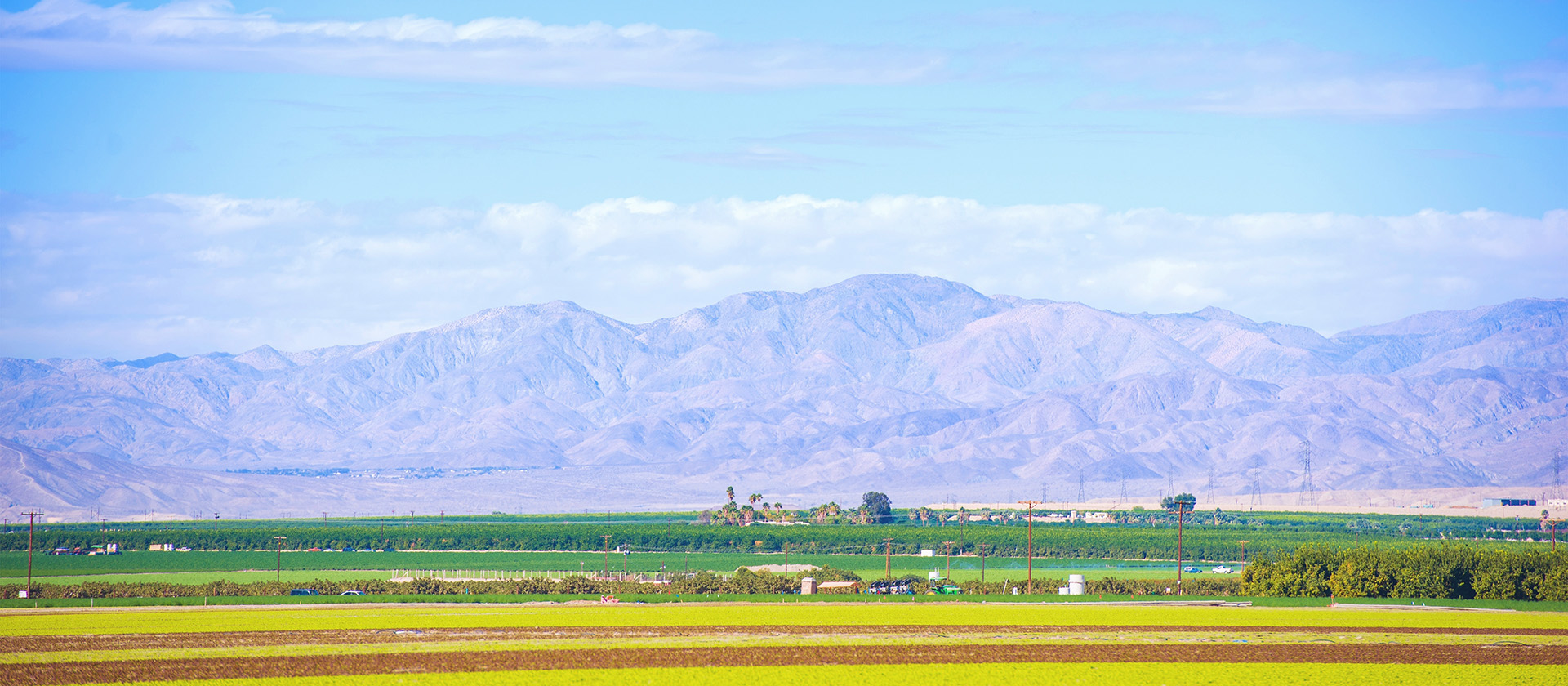AgLand Renewables LLC (AgLand), the California subsidiary of Maryland-based CleanBay Renewables Inc., has been selected by the Governor’s Office of Business and Economic Development (GO-Biz) to receive $1.7 million in tax credit from the highly competitive California Competes Tax Credit (CCTC) program. With this support from the Governor’s office, AgLand can begin development of multiple bioconversion facilities in California that will directly support the state’s economic and environmental goals.
“Attracting a company like AgLand Renewables to California is exactly why the CalCompetes program was created,” said Dee Dee Myers, Senior Advisor to the Governor and Director of GO-Biz. “Not only will AgLand Renewables create well-paying jobs and economic opportunity across the Central Valley, but its solution will help us reach California’s greenhouse gas reduction goals while simultaneously supporting the Governor’s healthy soils initiative.”
AgLand will deploy at least two facilities in the Central Valley, home of California’s vast poultry production industry, over the next five years. The facilities will use anerobic digestion and fertilizer formation technology to sustainably convert poultry litter into renewable natural gas (RNG) and organic, controlled-release fertilizers. “These state-of-the-art facilities will help grow California’s leadership in climate smart agriculture, scale-up healthy soils, recycle important nutrients in agriculture, and invest hundreds of millions within hard hit agricultural communities,” said Karen Ross, Secretary of the California Department of Food and Agriculture.
“More than half a million tons of poultry litter is produced in the Central Valley each year, which, if uncontrolled, can release significant greenhouse gases and other emissions that negatively affect the local air, soil and water quality,” said Thomas Spangler, CleanBay Renewables Inc.’s Executive Chairman. “Our sustainable alternative use for poultry litter provides an immediate opportunity to enhance the economic value of the Central Valley’s agricultural industry while simultaneously helping the state meet its low carbon fuel standards and emissions reduction goals.”
Read more at BusinessWire.com


